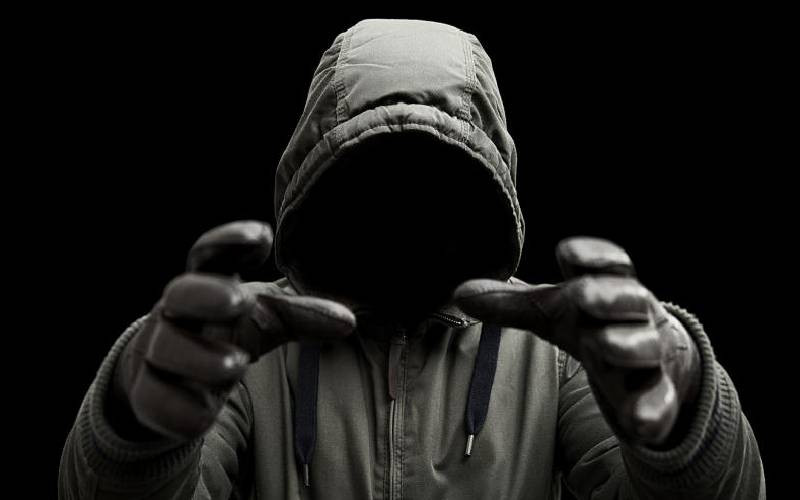There are many reasons why someone might suddenly decide to be a hitman. For some, they are hardened criminals who have lost all sense of morality. For others, it’s poverty — when the only job available is one most people can’t stomach: killing.
But there is yet another reason. Some take up such work because they believe they live in a state where justice never really takes its course. It happened to the late former Kasipul Kabondo MP Ong’ondo Were, and now it has happened to lawyer Kyalo Mbobu. Both were brazenly assassinated on public roads, and in both cases, the identity of the real killers remains murky.
In Were’s case, a whole choir was arrested, including political opponents, before investigators finally narrowed down to the alleged killers. For a person murdered so publicly, the wheels of justice should have turned faster. Have they? Now, the country waits for investigations into the murder of Mbobu.
Follow The Standard
channel
on WhatsApp
In a society governed by genuine law and order, criminals would not have the confidence to commit such acts so openly. Social scientists have long tried to explain what motivates deviant behaviour. The social bond theory argues that crime thrives where meaningful social ties are absent. If people are consistently rewarded for positive behaviour and punished for wrongdoing, they tend to avoid crime. Closely related is the social control theory, which highlights the media’s role. While the media may not tell us what to think, it certainly tells us what to think about. When unpunished is all over our news, it creates ideas in the minds of potential criminals.
The confluence of these ideas is clear: a society must not only abhor crime but must also be seen to punish it. When that does not happen, dangerous signals are sent, emboldening those already inclined toward deviance. Why, for example, do we still have a sitting MP drawing a salary despite being directly accused of murder? In Were’s case, we even witnessed a suspect threaten a prosecutor on live television. What could explain such audacity if not the assurance of high-level protection?
We may dislike being biologically classified as animals, but once you remove legal controls, our behaviour can be far worse. Among other factors, fear of punishment does influence law and order. Deterrence theory holds that potential offenders are rational beings who weigh benefits of crime against its consequences. In these murder cases, the perceived benefits clearly outweighed the potential risks. That is a dangerous precedent.
When people draw parallels between Kenya and Haiti, they are not exaggerating. Were and Mbobu are only featured here because of their prominence but the criminal incidences of this nature are too many.
We have seen homes torched with families still inside. We have seen macabre killings carried out by close relatives. Even beyond murders, we have seen boda boda operators take the law into their own hands and raze down vehicles. These are grim signs of a society in moral decline. We must do everything to avoid degenerating further through deterrence mechanisms. Let’s work on the efficiency of our justice system.
[email protected]
Follow The Standard
channel
on WhatsApp
By Mike Nyagwoka


